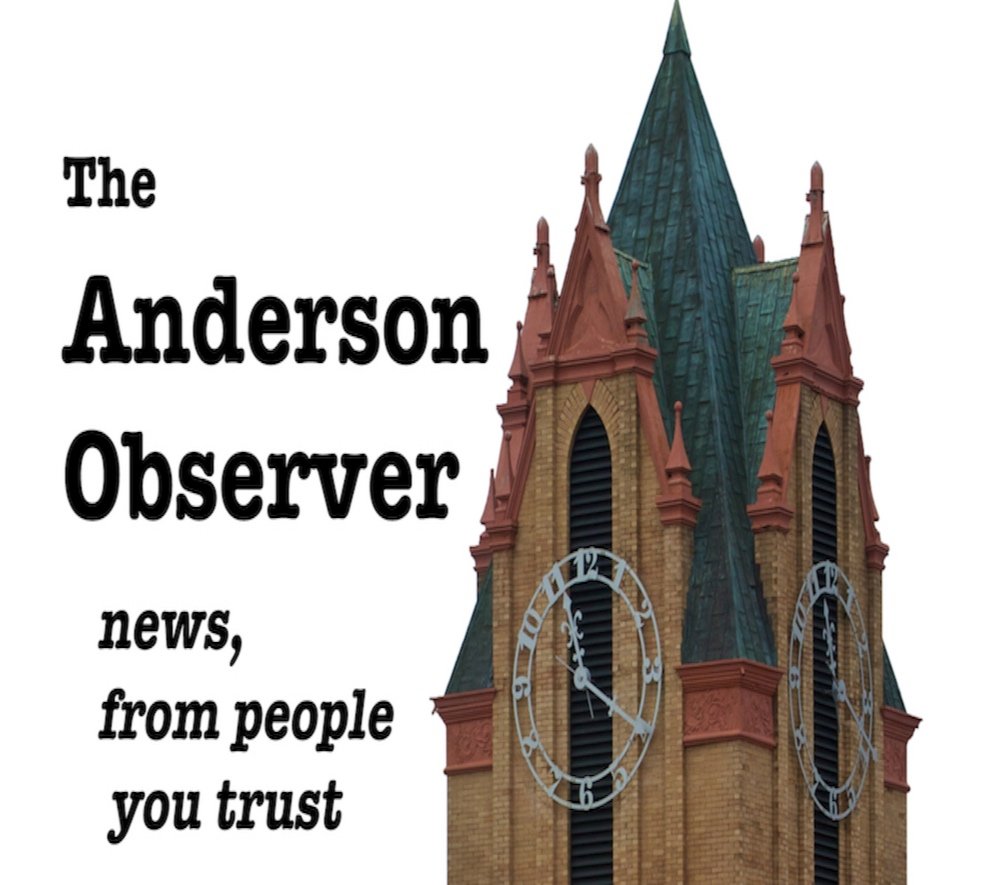S.C. High Court Upholds End to Private School Vouchers
By Seanna Adcox/South Carolina Daily Gazette
COLUMBIA — The state Supreme Court will not rehear lawmakers’ arguments or delay implementation of its ruling on South Carolina’s fledgling voucher program, likely ending any possibility that payments for private tuition could resume this year.
In another 3-2 split order Thursday, justices denied requests from Gov. Henry McMaster and state Superintendent Ellen Weaver to rehear the case.
“The court is unable to discover that any material fact or principle of law has been either overlooked or disregarded, and hence, there is no basis for granting rehearing,” read the two-sentence denial.
It was signed by the same three justices who ruled Sept. 11 that the K-12 scholarship program violated the state constitution’s ban on public money directly benefiting private education.
Sherry East, president of the South Carolina Education Association, said she’s grateful for the court’s reaffirmation.
The state high court “has made it clear, not once, but twice, that voucher programs violate our state’s constitution,” she said. “This ruling sends a strong message that public funds should be dedicated to our public schools which educate over 95% of South Carolina’s children.”
Disagreeing were Chief Justice John Kittredge and Justice John Few, who noted they not only wanted a rehearing but also voted to approve Weaver’s request to delay the ruling until June 1, 2025. That would have allowed parents to continue using their scholarship allocation to pay private tuition this school year.
“The Supreme Court’s decision not to reconsider this case is a heartbreaking and devastating blow for thousands of low-income families and the children forced to leave their friends and classmates at school,” said Brandon Charochak, a spokesman for the governor.
The inaugural year of the program was geared for low-income families. Only Medicaid-eligible students could participate, making them less likely to be able to afford private tuition on their own.
That means many will probably return to their local public school, though some private schools are making arrangements to enable students to stay through the school year. For example, the Catholic diocese for South Carolina is raising money to cover tuition for the 195 students enrolled in its 32 schools statewide.
It’s unclear how many students were actually attending a private school through the program.
According to the state Department of Education’s rehearing request, parents of “nearly 700” of the 2,880 students enrolled in the program had made a private tuition payment in the opening weeks of this school year. The agency told justices their ruling could affect “as many as 1,500 scholarship recipients,” noting some payments were in process Sept. 11 when the court order stopped them.
The agency has not publicly provided any additional numbers.
The law signed last year provided each child a $6,000 taxpayer-funded scholarship, to be allocated to parents’ accounts in four equal, quarterly payments.
The first $1,500 payment went into accounts in July. The other three will be paid as scheduled. Parents can still use the money for other approved expenses, such as tutoring or speech therapy. But they cannot use it for private tuition.
“The court majority’s unwillingness to acknowledge the devastating impact of their decision on students participating in the Education Scholarship Trust Fund program is a callous injustice that cannot go unaddressed,” Weaver said. “They have left these students and struggling families hanging by a thread in the middle of the school year.”
She urged legislators to “restore the opportunities that the court majority has ripped away,” adding she looks forward to working with them on it.
GOP legislative leaders did not join McMaster and Weaver in seeking a do-over. While they criticized the ruling too, the leaders of the House and Senate said they didn’t expect continuing to fight the case would result in a different outcome. They’re focusing instead on next year.
The successful challenge was brought by the NAACP and the South Carolina Education Association. In its statement lauding the court’s decision Thursday, the teachers’ advocacy group encouraged legislators to “focus on investing in public education and finding solutions that uplift all students rather than diverting resources away from public schools.”
